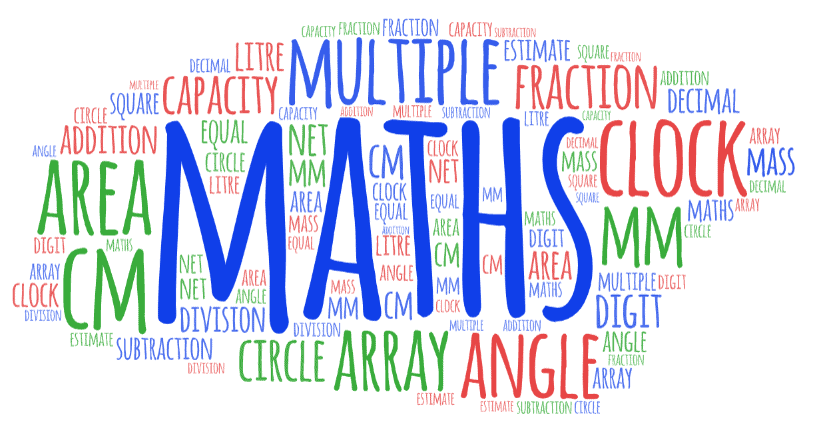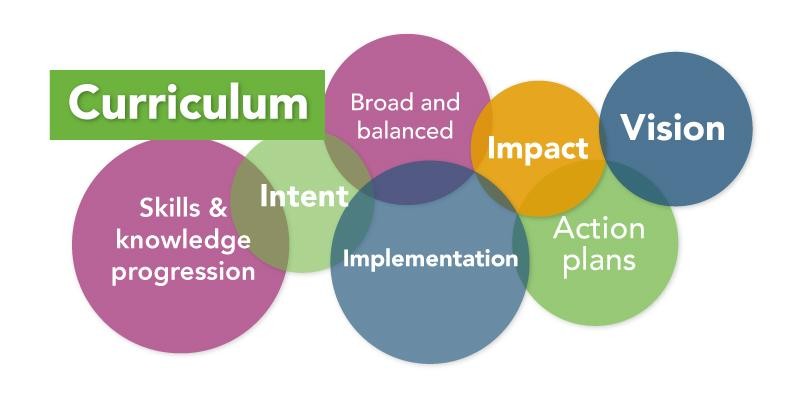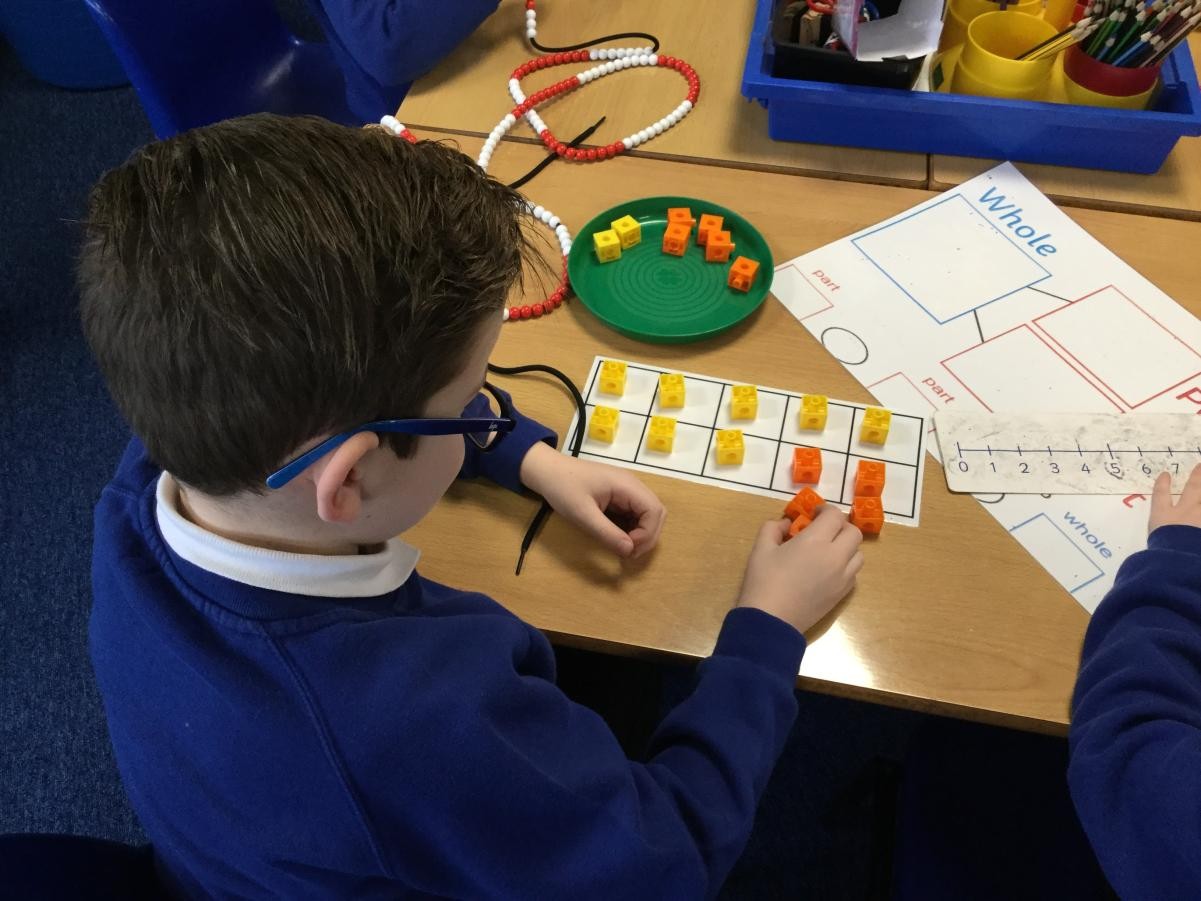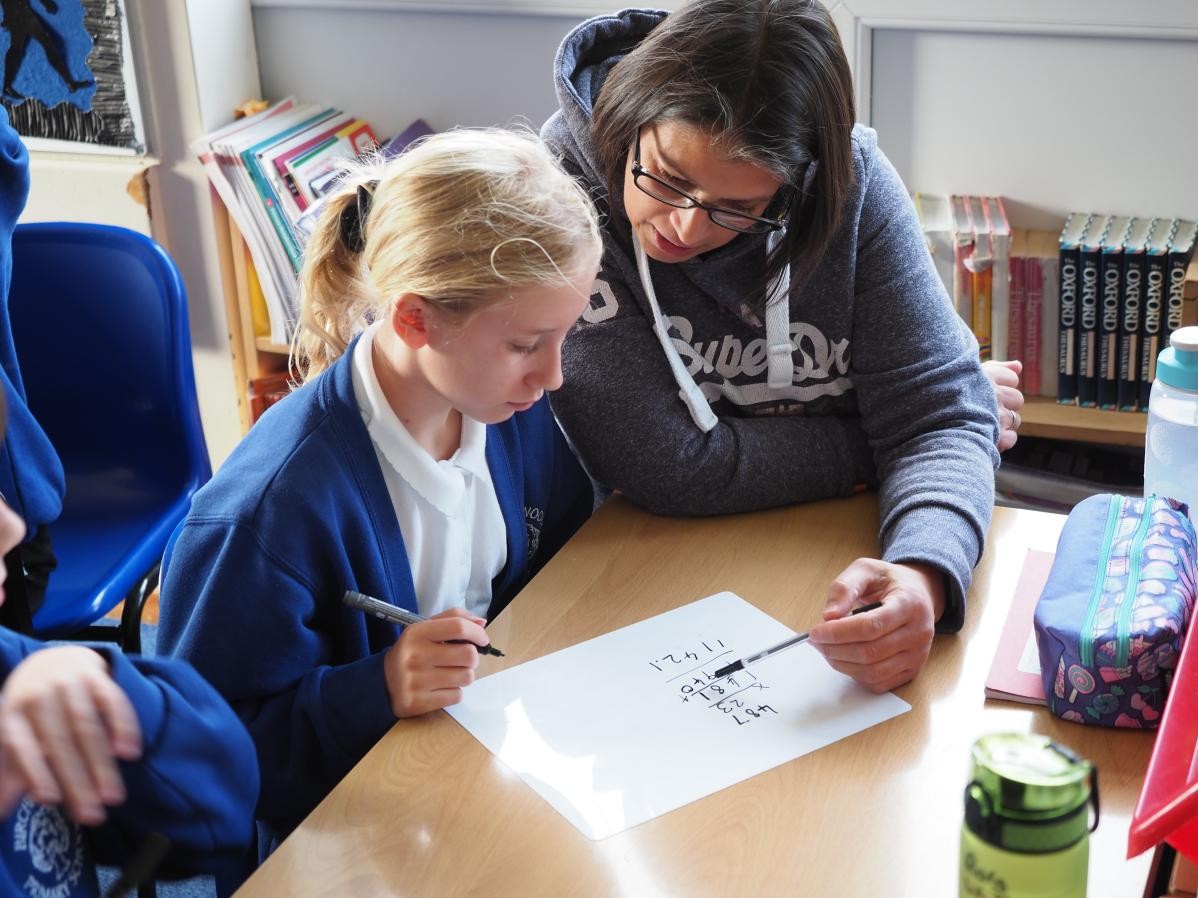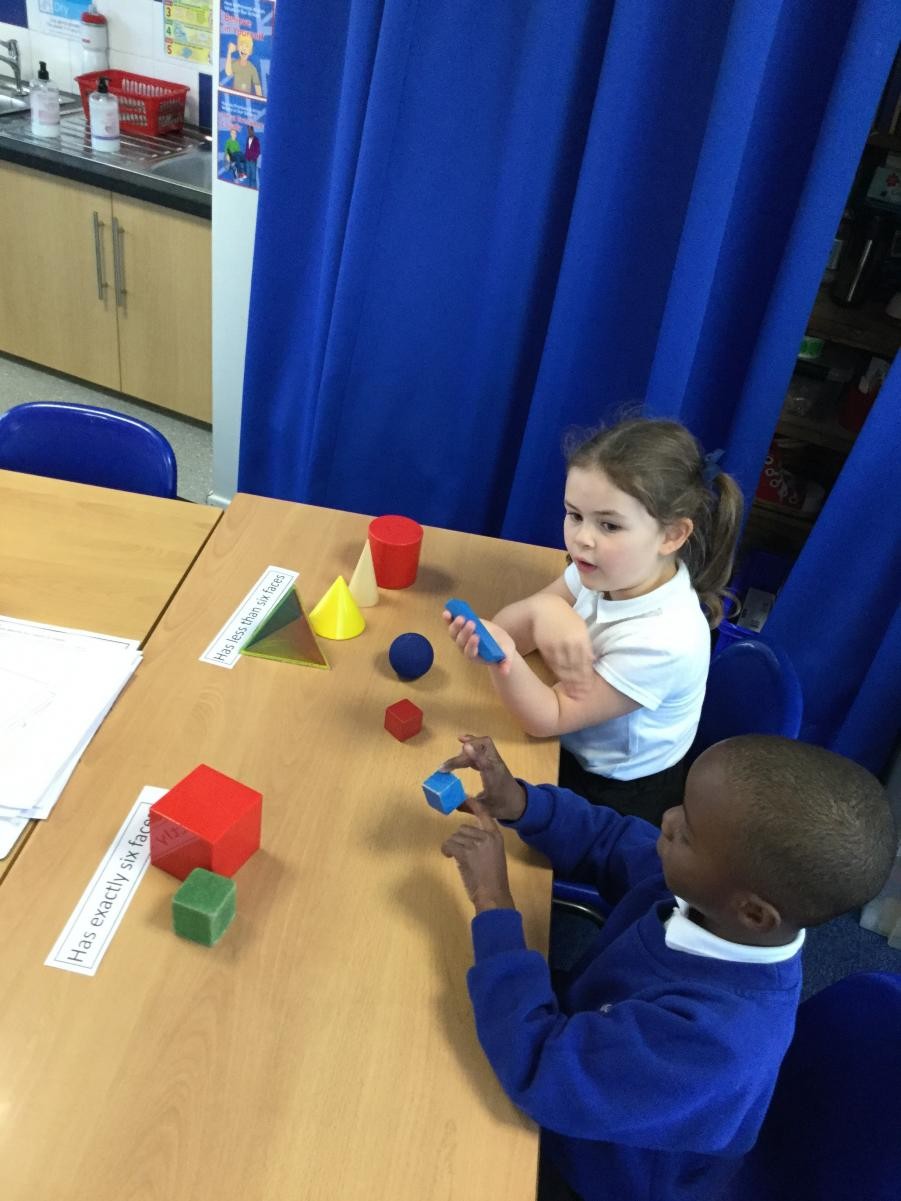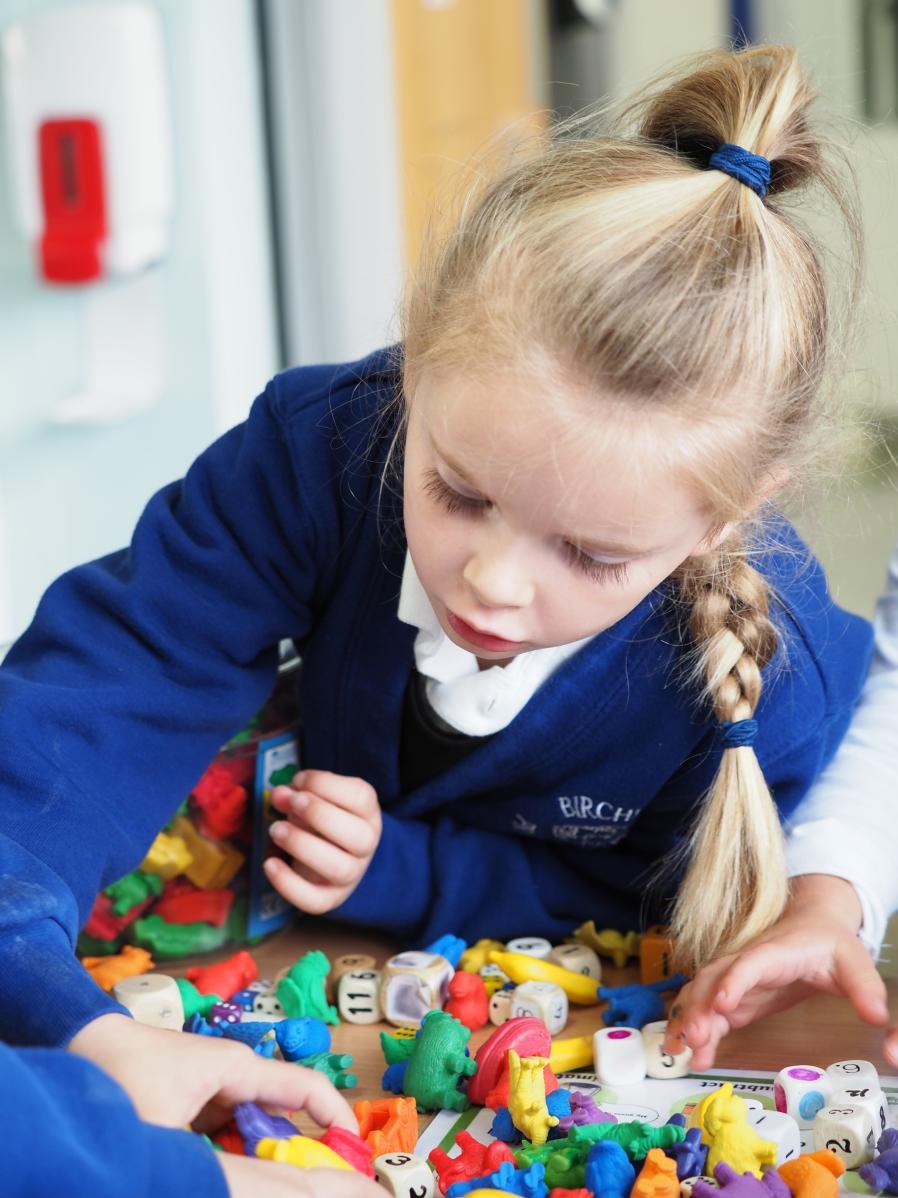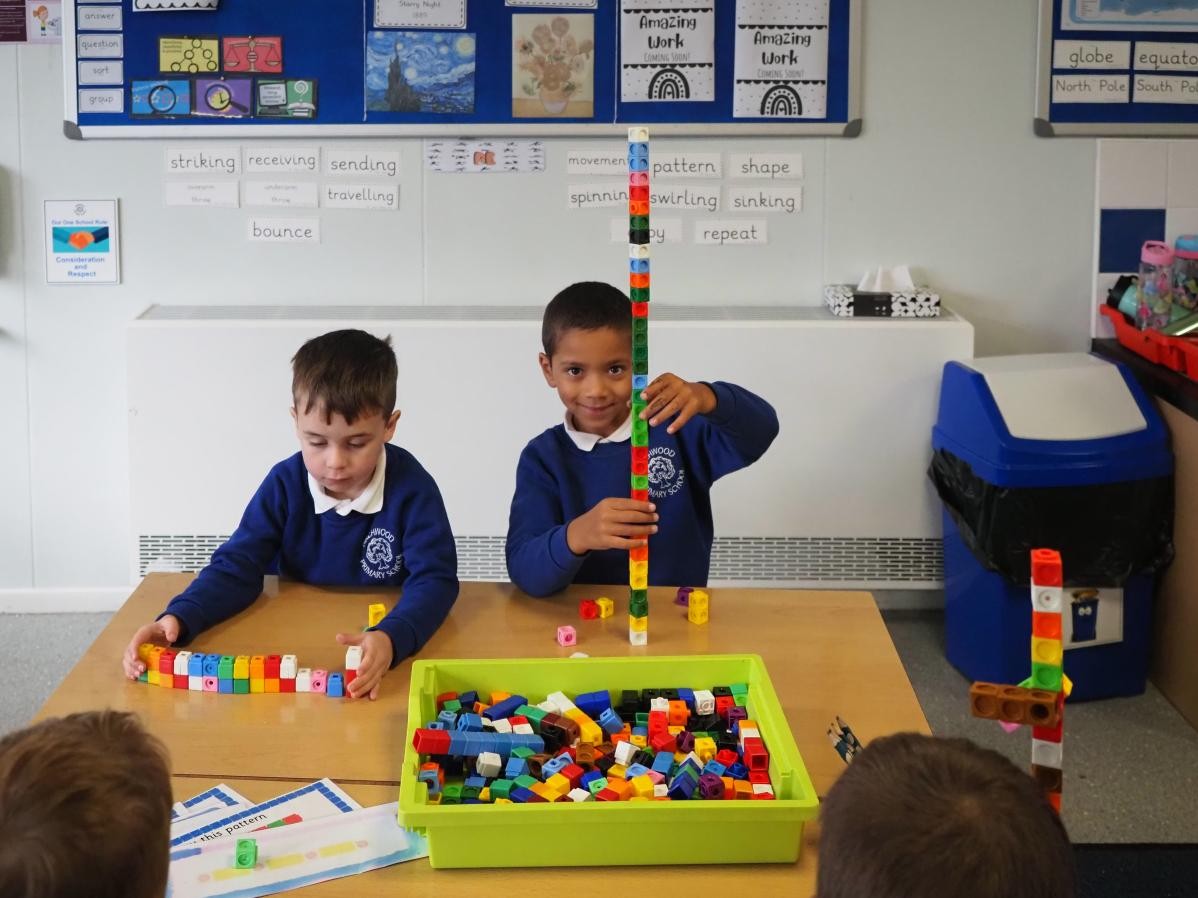Intent
At Birchwood, we see mathematics as a creative, interconnected subject essential to everyday life, science, technology and engineering.
We aim to promote a sense of enjoyment and curiosity within mathematics, teaching children the conceptual understanding which will allow them to approach their knowledge and skills with fluency, reasoning and problem solving. We want our children to become fluent mathematicians who are given opportunities to develop mathematical language and to think mathematically.
We want to allow them to develop a mathematical thinking enabling them to think logically and work in systematic ways and to use and apply their learning in different situations across the curriculum. A vital part of conceptual understanding in mathematics is the use of concrete, pictorial and abstract representations. Throughout the school, children are given many opportunities to use these representations and talk about them mathematically.
Implementation
At Birchwood, we teach all aspects of the National Curriculum using Mathematics Mastery. The key principles of conceptual understanding, language and communication and mathematical thinking are embedded across the school. Mathematics Mastery is being taught explicitly within EYFS through to Year 4 with the implementation across the full primary phase being complete by 2023. To ensure continuity and progression, Years 5 and 6 use the Mathematics Mastery yearly planning overview, which is adapted to the needs of the class. Additional supportive resources, for example White Rose Rub, NCETM and Maths No Problem are used to support the mastery approach to planning.
The curriculum at Birchwood is cumulative. Each school year begins with a focus on concepts and skills that have the most connections, which are then applied and connected throughout the school year to consolidate learning. This gives pupils the opportunity to master maths using previous learning throughout the school year and throughout their school life. They are able to develop mathematical fluency and conceptual understanding.
Teachers use curriculum maps covering the full national curriculum to inform their planning. Resources are adapted to meet the needs of learners in each class ensuring suitable support and challenge is always present.
Children take part in daily 10 minute ‘Maths Meeting’ sessions which are broken down into short segments and cover several areas of the curriculum. They are designed to provide opportunities to regularly rehearse and practise key skills allowing consolidation of previous knowledge and skills.
Regular teaching and revision of multiplication facts is provided across school and pupils within KS2 are encouraged to access the Times Tables Rock Stars online platform, in school and at home, to practise their times tables and increase their recall time. Children complete weekly mental arithmetic tasks where they complete mixed fluency questions as part of their home learning, giving them the opportunity to apply previously taught skills and teachers the opportunity to assess, support and challenge.
Regular, in-the-moment, feedback is given to all pupils within lessons and, where further support is needed, children receive early intervention to address gaps in learning promptly. Carefully planned accelerated progress programmes and (before school) booster sessions are designed to target the specific needs of children who are not yet making the expected levels of progress.
Impact
Our curriculum is carefully designed to give children the self-belief, knowledge and skills to be successful mathematicians. Regular and ongoing termly assessment informs teaching, as well as intervention, to support and enable the success of each child.
We measure the impact of the curriculum through: pupil discussion and interview about their learning; regular; robust monitoring of teaching and assessment and standardised tests at the end of each term and national statutory testing.
By the time children leave Birchwood we want them to become fluent in the fundamentals of mathematics so that they develop conceptual understanding and the ability to recall and apply knowledge rapidly and accurately. We want children to be able to reason mathematically by following a line of enquiry, making conjectures, discovering relationships, making generalisations, justifying and proving using mathematical language. We want children to solve problems by applying their mathematics to a variety of problems with increasing sophistication, including breaking down problems into simpler steps and persevering in seeking solutions.

